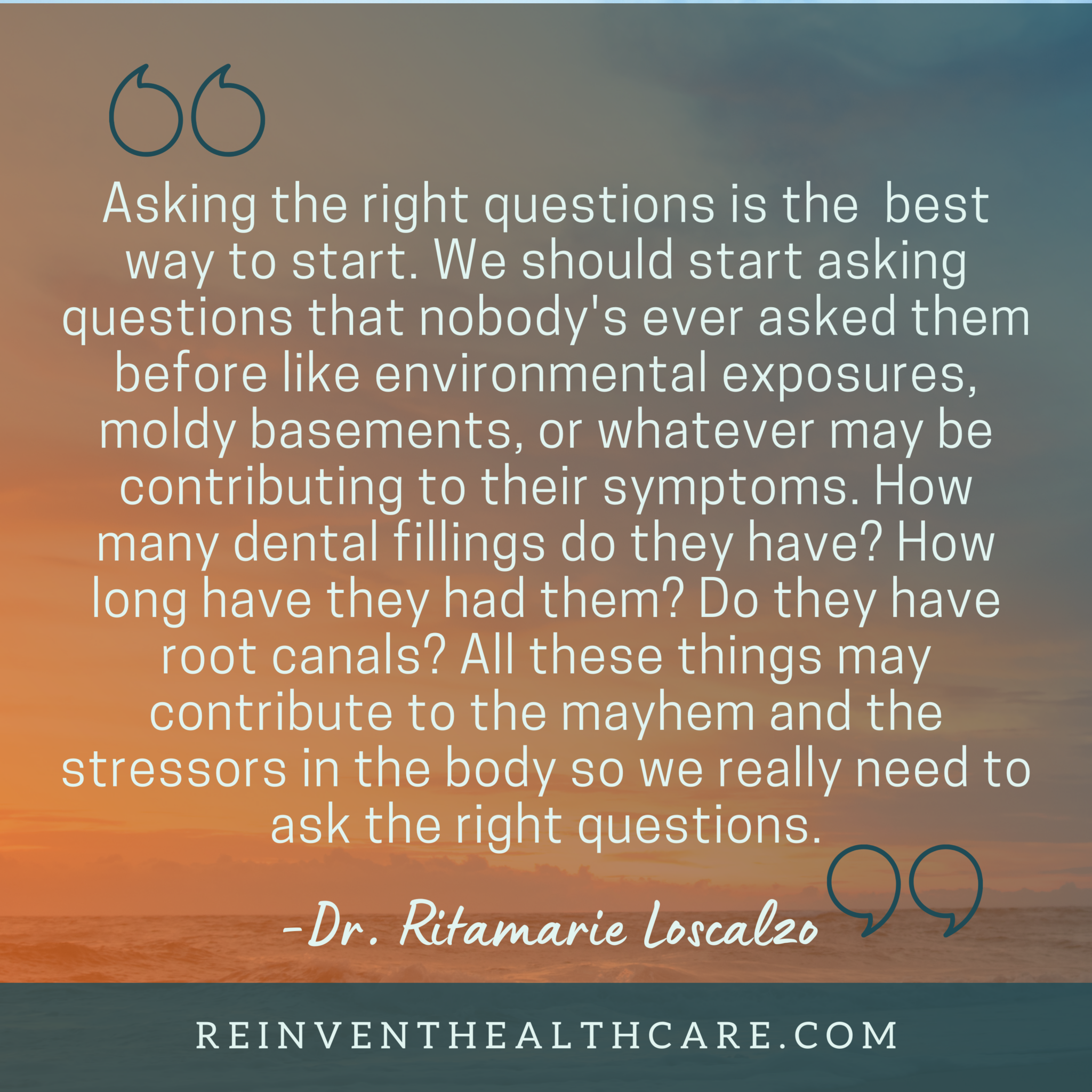The Impact Of Adrenal Hormone Dysfunction On Menopause And How To Restore Balance
IN THIS EPISODE:
The Crucial Role of Hormones
Hormones serve as the foundation for various bodily functions and processes, influencing everything from reproductive health to metabolism and emotional well-being.There are seven main metabolic hormones that are particularly important for women. These hormones include insulin, cortisol, estrogen, progesterone, thyroid hormones (T3 and T4), growth hormone, and leptin. Each of these hormones plays a unique role in regulating different aspects of a woman's health. The key is asking the right questions, testing and not guessing, and comparing to optimal not “normal” lab values.
Cortisol’s Impact on Menopause
During menopause, when a woman's reproductive hormone levels decline, the body undergoes significant hormonal changes. These hormonal fluctuations can lead to an increased production of cortisol, as the body perceives these changes as stress. Inappropriate cortisol levels during menopause can contribute to various symptoms such as hot flashes, night sweats, sleep disturbances, mood swings, and weight gain. When one hormone is out of balance, it affects other hormones, and your body will steal from one pathway to help another which leads to more imbalance. We cannot live without cortisol, so the body will sacrifice other hormones for survival. Without testing and examining other hormone levels and stressors, practitioners can easily miss key findings.
Cortisol Management during Menopause
Managing cortisol levels is important. Hormonal changes can affect cortisol production, leading to symptoms like anxiety, irritability, and weight gain. Practicing stress reduction techniques, maintaining a healthy diet, supplementing when needed, and getting enough sleep are crucial for cortisol management during this stage.
RESOURCES:
Dr. Kyrin Dunston
- Check out Dr. Kyrin Dunston‘s website here.
- Join Dr. Kyrin Dunston’s Hormone Bliss Challenge here.
- Check-out Dr. Kyrin Dunston’s Her Hormone Club here.
- Follow Dr. Kyrin Dunston on Instagram.
- Listen to Dr. Kyrin Dunston’s podcast here.
ReInvent Healthcare
- Read through our FREE Resource Adrenal Guide.
- Get our FREE Guide to Taking a Detailed Health History that gets you to root causes with ease.
- Access Additional Resources for Practitioners ready to improve clinical outcomes through our Nutritional Endocrinology Practitioner Training.
- Watch our recorded Thyroid Adrenal Workshop here.
- Join my June 2-4, 2023 Nutritional Endocrinology Symposium here.








